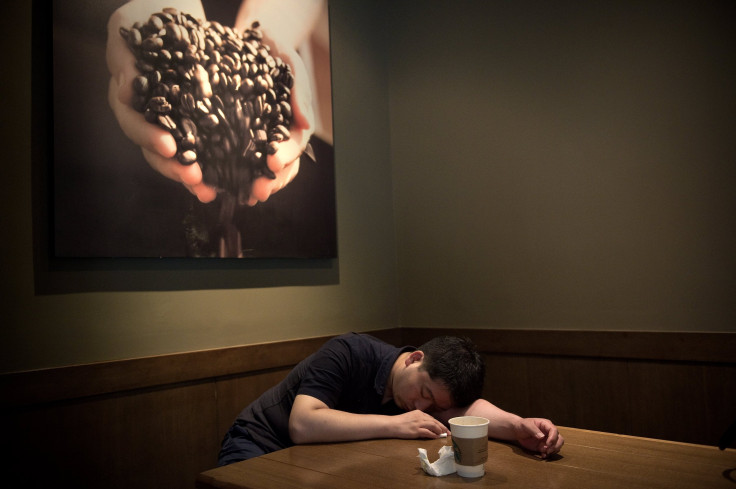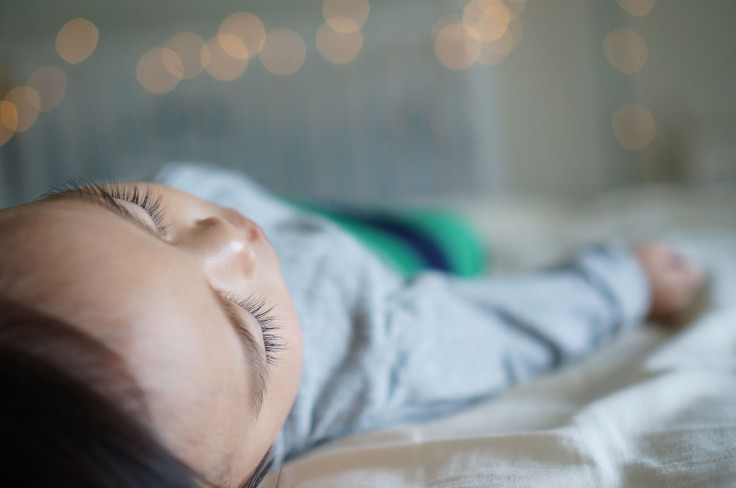National Napping Day 2018: Facts To Celebrate The Return Of Daylight Saving

Are you fond of sleeping for an hour or two during the daytime? Then, this unofficial holiday is for you. Monday marks National Napping Day, which is celebrated on the day following the return of daylight saving time in order to give people the opportunity to catch up on the hour of sleep they lost out on when clocks shifted to the spring time.
The unofficial holiday can be dated back to 1999 when a Boston University professor, William Anthony, created the event, primarily to emphasize on the benefits of a quick nap. He reportedly said at the time, "We chose this particular Monday because Americans are more 'nap-ready' than usual after losing an hour of sleep to daylight saving time."
It has been eagerly celebrated by sleep-deprived Americans ever since.

Here are some facts about quick naps that will encourage you to indulge in an afternoon doze this Napping Day:
1. A short nap or relaxation has been quite common in most European nations, except Germany. Countries like China, India, and parts of the Middle East have also been known for indulging in afternoon naps.
2. It is said napping three times a week can result in 37 percent decrease in heart-related deaths.
3. Research has shown an hour’s nap can dramatically boost and restore the power of your brain. The findings have shown a biphasic sleep schedule is beneficial in not just refreshing the mind, but can also make a person smarter.
4. Humans are said to be the only mammals capable of planning or delaying naps.
5. The most beneficial time to take a nap is eight hours after waking up in the morning and before sleeping at night.
6. Your blood pressure can be lowered just by thinking about a nap.
7. The Google headquarters in Mountain View, California, has "nap pods" which allow workers to get some sleep by blocking out light and sound.
8. It is wrong to think napping will take away from your night-time sleep. It doesn't, as studies have found taking naps can increase a person’s ability to sleep longer — 12 percent — and also reduce the time required to fall asleep by almost 14 percent.
9. Almost 60 million Americans are said to be sleep-deprived at any given time.
10. Famous personalities like John F. Kennedy, Thomas Edison, Ronald Reagan, Napoleon, Winston Churchill, Albert Einstein, and George W. Bush have been known to enjoy their afternoon naps.
© Copyright IBTimes 2025. All rights reserved.






















